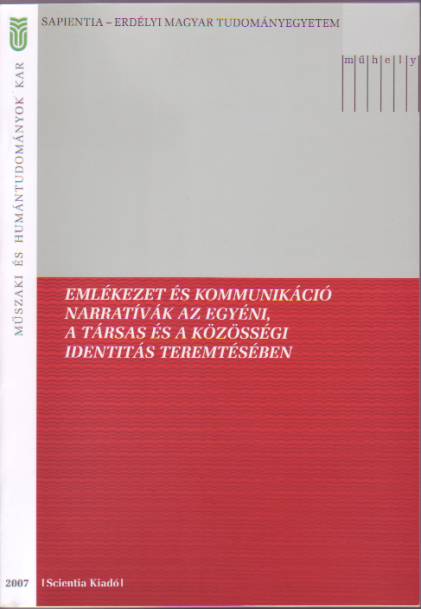
We kindly inform you that, as long as the subject affiliation of our 300.000+ articles is in progress, you might get unsufficient or no results on your third level or second level search. In this case, please broaden your search criteria.

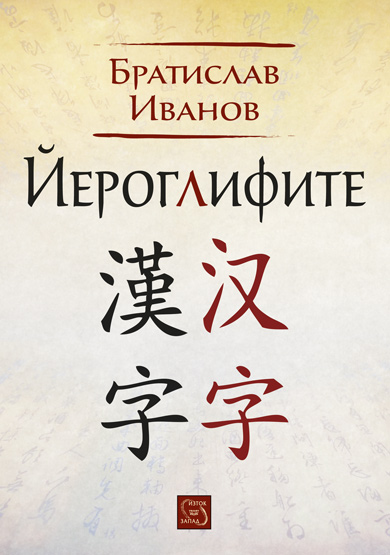
The book I'm offering to the readers’ attention includes two parts - a brief introduction to the Chinese hieroglyphs in order to clarify their function in Japanese writing and etymology of one hundred Chinese hieroglyphs. The hundred hieroglyphs are selected by the Chinese Ministry of Culture in a way that is representative of the hieroglyphs as a whole. I hope this book will be useful to all who are interested in hieroglyphic cultures. – Bratislav Ivanov
More...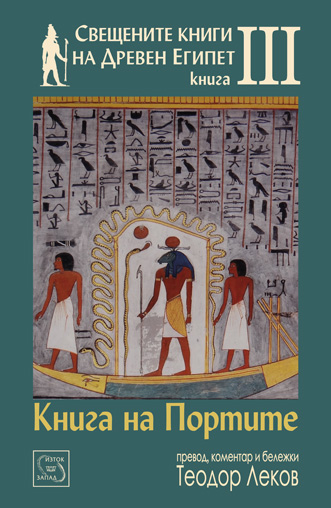
The "Book of the Gates" is the third book of Ancient Egyptian Religious Texts series, which includes the main works of the Egyptian sacred tradition. "The Book of the Gates" is an ancient Egyptian magical book devoted to journey of the god of sun to the afterlife. Its name has been given because of the gates that close the spaces between the various parts of the underground kingdom. The book is intended for the Egyptian ruler; it was unavailable to the uninitiated. It first appeared in the middle of the New Kingdom (XIV BCE) and was recorded on the walls of the royal tombs.This edition contains an introduction, an ancient Egyptian translation (accompanied by translation), images of the scenes and commentary. It is published for the first time in Bulgarian.
More...
„The Prince” was written by Niccolo' Machiavelli in the 1500s. It has continued to be a best seller in many languages. The Prince is a classic book that explores the attainment, maintenance, and utilization of political power in the western world. Machiavelli wrote The Prince to demonstrate his skill in the art of the state, presenting advice on how a prince might acquire and hold power. Machiavelli defended the notion of rule by force rather than by law. Accordingly, The Prince seems to rationalize a number of actions done solely to perpetuate power. It is an examination of power-its attainment, development, and successful use.
More...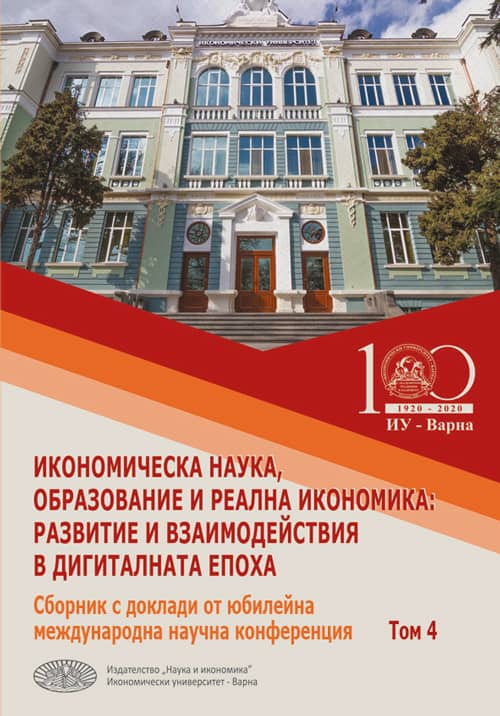
The Jubilee International Scientific Conference on the "Economic Science, Education and the Real Economy: Development and Interactions in the Digital Age", held on 11 – 12 May 2020, is dedicated to the 100th anniversary оf the University of Economics-Varna. Against the background of the cultural and economic rise from the end of the XIX and the beginning of the XX century, on May 14, 1920 the Chamber of Commerce and Industry of Varna decides to open a Higher School of Commerce in the city. This marks the beginning of higher economics education in the country. For the period of its existence the university has trained over 155,000 specialists with successful self-realization in the country and abroad. Today, more than 8,000 Bachelors, Masters and Doctorates from 52 countries study in 27 Bachelor's, 29 Master's and 16 Doctor‟s programs. One hundred years for a Bulgarian university is a remarkable anniversary. Some European universities have a much longer history, but when we give assessments, we must always consider the historical context. From this point of view and within the post-liberation period, 100 years of existence, for a Bulgarian university, is a remarkable achievement. The University of Economics – Varna is one of the oldest universities in Bulgaria and the university is rightly proud of its history. The Jubilee International Scientific Conference is focused on digitalization and all those profound transformations it causes in the economy and society. The theme of the conference has been chosen in the period preceding the outbreak of the global coronary virus pandemic. This is important to note because the current economic situation has changed dramatically. As a result of the state of emergency and the imposed social isolation, the economies all over the world have entered a recession. The business, our social and cultural lives have come to a standstill. The economic crisis that has begun is unprecedented both in its cause and most likely in its scale and scope, and it is currently confronting us with specific economic problems. But we believe in science and medicine, in the human mind and intelligence, and we have no doubt that the epidemic will be brought under control and sooner or later the world will return to normal. Then the fundamental determinants of economic activity shall start to operate, one of which is the ongoing process of digitalization. The present economic situation has confronted us with specific economic problems, but it has also shown in a clear and unequivocal way how important new technologies are in modern life, in particular in the conditions of emergency and social distance. It is in these conditions that all our communication, the opportunity for public institutions to continue with their work, online university and school education, etc. rest on digital technologies today. This conference has also been made possible by modern technology. The crisis, from a certain point of view, has given a new impetus to the digitalization of society. In the context of current events and the explanations given above, the topic of the conference is focused on the long-term development of the economy and society as a whole. The scientific event aroused considerable interest. The conference was attended by 340 scientists, researchers, lecturers, PhD students and students from 23 Bulgarian and 15 foreign universities and research organizations from Germany, Lebanon, Lithuania, Poland, Portugal, Romania, Russia, Slovakia, Serbia, Croatia and Ukraine, as well as representatives of business and various institutions. Plenary reports of the conference have been presented by: Prof. Evgeni Stanimirov PhD - Rector of the University of Economics – Varna, "Quo vadis, education?", Prof. Daniela Bobeva PhD, Institute for Economic Research at BAS, "Costs and Benfits of Euro Adoption in Bulgaria: lessons Learned from the Long Path of Bulgaria to the Euro' Mr. Plamen Rusev PhD, one of the successful alumni of the University of Economics-Varna, Executive Chairman of the Webit Foundation and a member of the Board of Directors of Endeavor Bulgaria, addressed the plenary session with a speech on "Bulgaria – a platform for creating global initiatives." The proceedings covers 263 reports, in 4 volumes. The range of problems in the reports is wide, in line with the idea of the scientific forum: to analyze the manifestation of digitalization not only in business and economy, but its social, institutional and legal aspects, as well. A very important part of the conference is the reports that examine the impact of digitalization on education and science.
More...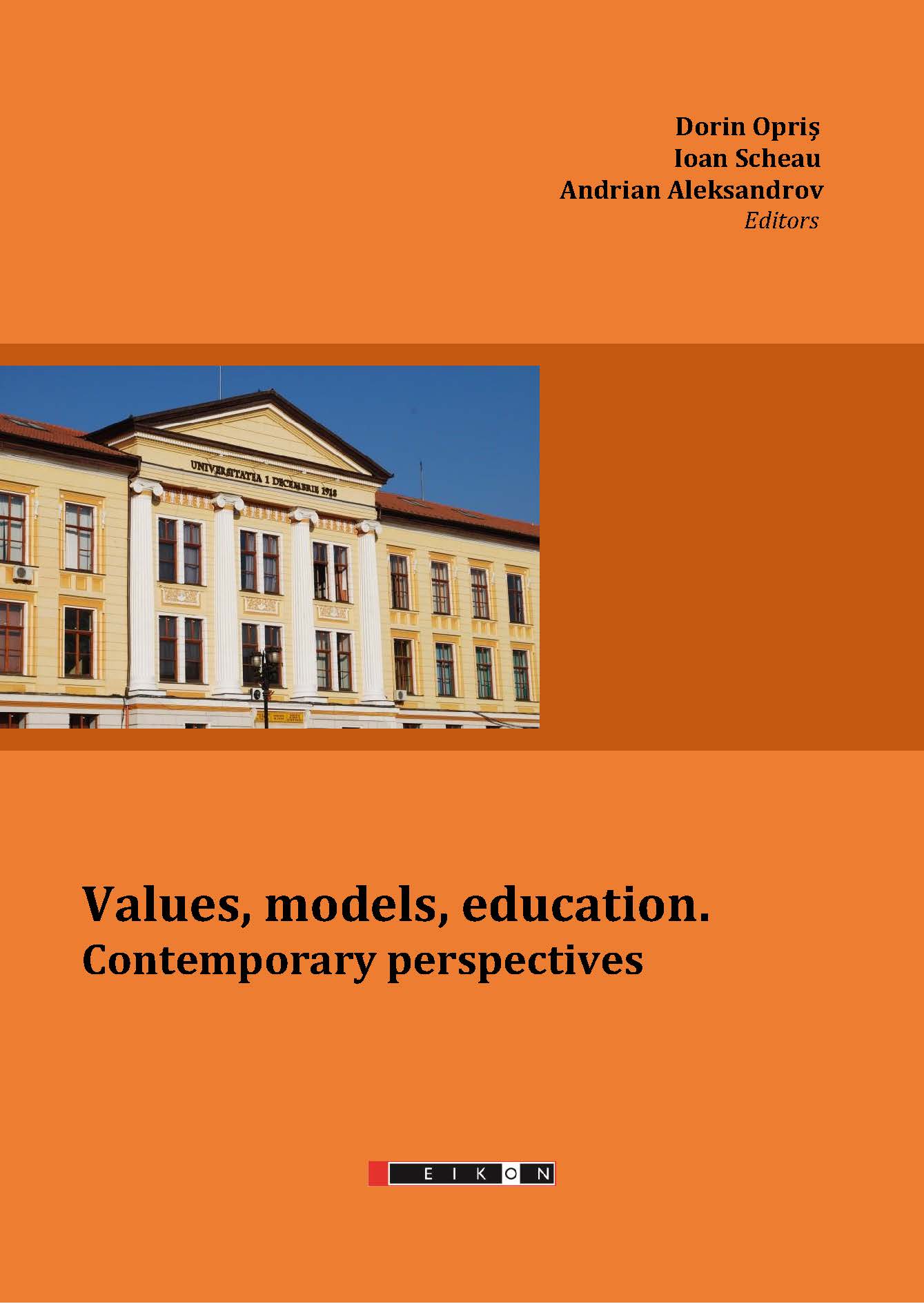
In teaching a foreign language, building and developing language skills represent the instructors’ main aim. But developing skills would not be possible without teaching pronunciation, grammar and vocabulary. According to the communicative approach, among these language components, vocabulary is considered to be of great importance, without diminishing the role of grammar and pronunciation in a foreign language. It is well-known that vocabulary provides learners with the necessary knowledge meant to help them to deliver both written and spoken messages, without having too much grammar or pronunciation knowledge. Thus, the purpose of the paper is to identify possible ways of improving students’ vocabulary in Romanian, especially when it comes to word formation, a process that does not only involve learning words but also using them creatively
More...
This research focuses on a contrastive critical and methodological approach applied to six well-known English and Romanian grammar books. The authors are interested to observe and interpret the strengths and limitations of the selected grammar books in order to identify educational strategies and stages to be taken when teaching grammar. A major attention was paid to the didactic contrastive scenario of teaching grammar. English grammars are descriptive, whereas Romanian grammars are rather prescriptive. Thus, this enquiry is an attempt to find a generalised and practical layout in the study of two different idiomatic approaches, with a focus on similarities and an aim on divergences. Methodologically speaking, this research targets to further developed and improve educational practices for teaching and learning English language rules and Romanian grammar. Given examples include an overview of verbal tenses and of general vocabulary, for A1-B1 CERCL levels, in both languages.
More...
As innovative and effective approaches, gamification and flipped classroom have been widely applied in foreign languages teaching and learning, but little studies were conducted about gamification applying in flipped classrooms to assist the learning of Romanian language. To fill this gap, it was necessary to search for effective ways to find innovative solutions. Implementation of gamification in flipped classrooms can increase students' motivation towards in-class activities and towards Romanian language learning. The purpose of this article is to provide a practical and theoretical framework for integrating gamification in flipped Romanian language courses and use mobile applications such as (Kahoot! and Quizizz) for in-class activities, which can help in supporting with Romanian language learning by concentrating on various perspectives to apply the flipped classroom, in-class activities, gamification, and mobile applications in the educational context.
More...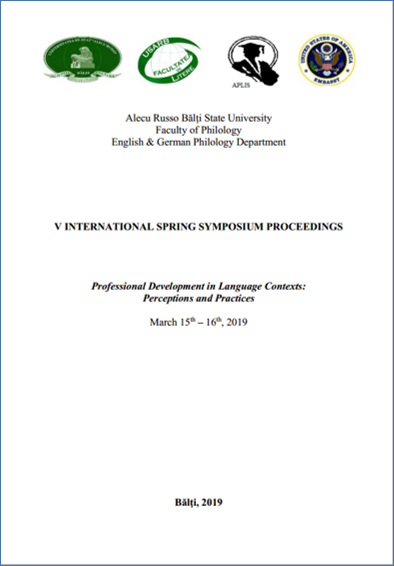
The following article deals with augmentative formations, that is, word formation products that reinforce or intensify the meaning of the basis. The focus is on the use of augmentation in the language of the German mass media. Based on a number of examples registered in current mass media texts, we have analyzed various word formation methods, the semantic peculiarities and the pragmatic performance of augmentative formations in modern German.
More...
The article examines the role memory plays in the process of acquisition of French as a foreign language while using drama in the classroom. The suggested activities are designed to help learners improve and train their memory while working with the play Cocorico by Sylvaine Hinglais. The activities can be used with all learners regardless of their language proficiency level.
More...
The article examines the sometimes confusing use of the terms competence and skills in the Moldovan language education context. Teachers of English as a foreign language seem to closely follow the guidelines of the national curriculum, which does not seem to facilitate the teachers’ work in their design process. The fact that the term competence is opposed to that of skill in TEFL literature seems to be ignored by the authors of the curriculum. Thus, teachers feel forced to use the exact terminology from the curriculum, even if it can cause confusion.
More...
The article deals with the application of English proverbs and sayings for effective teaching of English Methodology. The author suggests applying them for mastering the principles of teaching in general as well as teaching English language in particular since proverbs describe the millennium-long experience of people, reflect valuable pedagogical ideas. The main focus of the author is to consider a large number of English and Ukrainian proverbs, to select the ones that concern pedagogical approaches to teaching, and to group them according to the principle mentioned. The examples also include some Ukrainian and Russian proverbs as well as English quotation when it is appropriate. Following the classification of principles developed by A.N. Shchukin, one to twelve examples are selected to exemplify each principle. The principles of teaching are of four groups: didactic (10 principles), psychological (4 principles), methodological (5 principles) and linguistic ones (3 principles). In the course of the study we came to the following conclusions: there is a large number of proverbs on pedagogical and methodological principles, the use of proverbs leads to the development of abstract and associative thinking of would-be teachers. The author claims that proverbs should be widely used in lecturing and suggests a range of tasks for students: using a proverbs give some advice to a pupil, pupil’s parents or a colleague, explain a proverb, share your school experience using a proverb, express you agreement or disagreement with a proverb, choose a proverb with a different meaning, find Ukrainian or Russian equivalents for an English proverb, discuss the relevancy of a proverb to modern conditions, match a proverb to a principal it describes.
More...
The following article examines two important components to aid students develop their English language oral skills and to enhance their understanding of literature and thinking skills. The first component is the use of the Question and Answer Relationship Format to help teachers elicit appropriate questioning and use strategies to understand literature and nonfictional text in a deeper fashion. The second component is the use of Literature Circles. This strategy, widely used in the United States, allows students to read fictional texts and discuss in depth all the components of a literary piece. Consequently, this technique also triggers students’ oral skills while in the classroom. Such a method is ideal for English Language Learners from an intermediate to an advanced and near proficient levels in any educational context. Thus, the authors also share insights from their own classroom experience while using the aforementioned techniques.
More...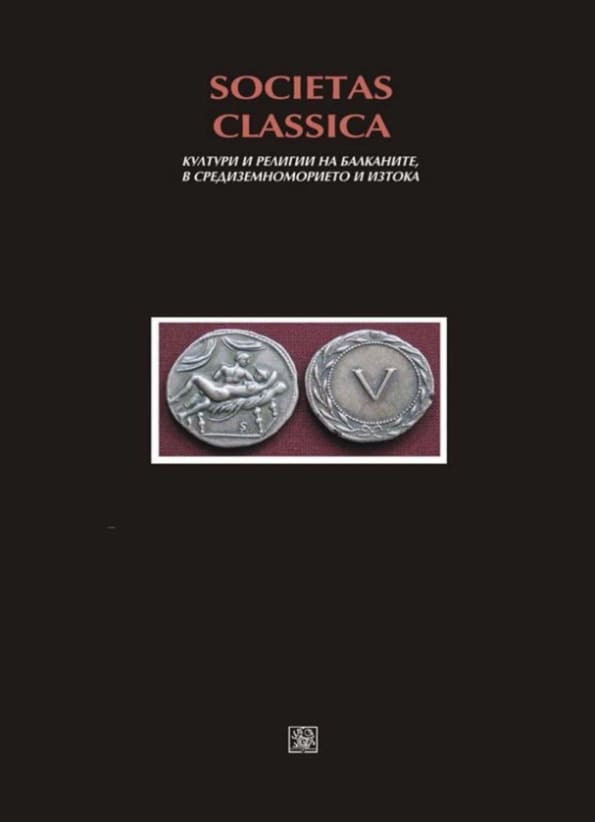
The process of globalization and the mobility of human resources pose new tasks and challenges towards the foreign language education in theoretical and practical aspect nowadays. It focuses on the development of competences outside the classroom that help smooth interactions and co-existence between members in multicultural societies. The aim of the present paper is to: 1) Introduce to the reader some of the methods used in teaching Japanese language as a second language in higher education institutions in Japan; 2) Focus on contemporary methods that meet the requirements of the process of globalization.The process of globalization and the mobility of human resources pose new tasks and challenges towards the foreign language education in theoretical and practical aspect nowadays. It focuses on the development of competences outside the classroom that help smooth interactions and co-existence between members in multicultural societies. The aim of the present paper is to: 1) Introduce to the reader some of the methods used in teaching Japanese language as a second language in higher education institutions in Japan; 2) Focus on contemporary methods that meet the requirements of the process of globalization.The process of globalization and the mobility of human resources pose new tasks and challenges towards the foreign language education in theoretical and practical aspect nowadays. It focuses on the development of competences outside the classroom that help smooth interactions and co-existence between members in multicultural societies. The aim of the present paper is to: 1) Introduce to the reader some of the methods used in teaching Japanese language as a second language in higher education institutions in Japan; 2) Focus on contemporary methods that meet the requirements of the process of globalization.The process of globalization and the mobility of human resources pose new tasks and challenges towards the foreign language education in theoretical and practical aspect nowadays. It focuses on the development of competences outside the classroom that help smooth interactions and co-existence between members in multicultural societies. The aim of the present paper is to: 1) Introduce to the reader some of the methods used in teaching Japanese language as a second language in higher education institutions in Japan; 2) Focus on contemporary methods that meet the requirements of the process of globalization.
More...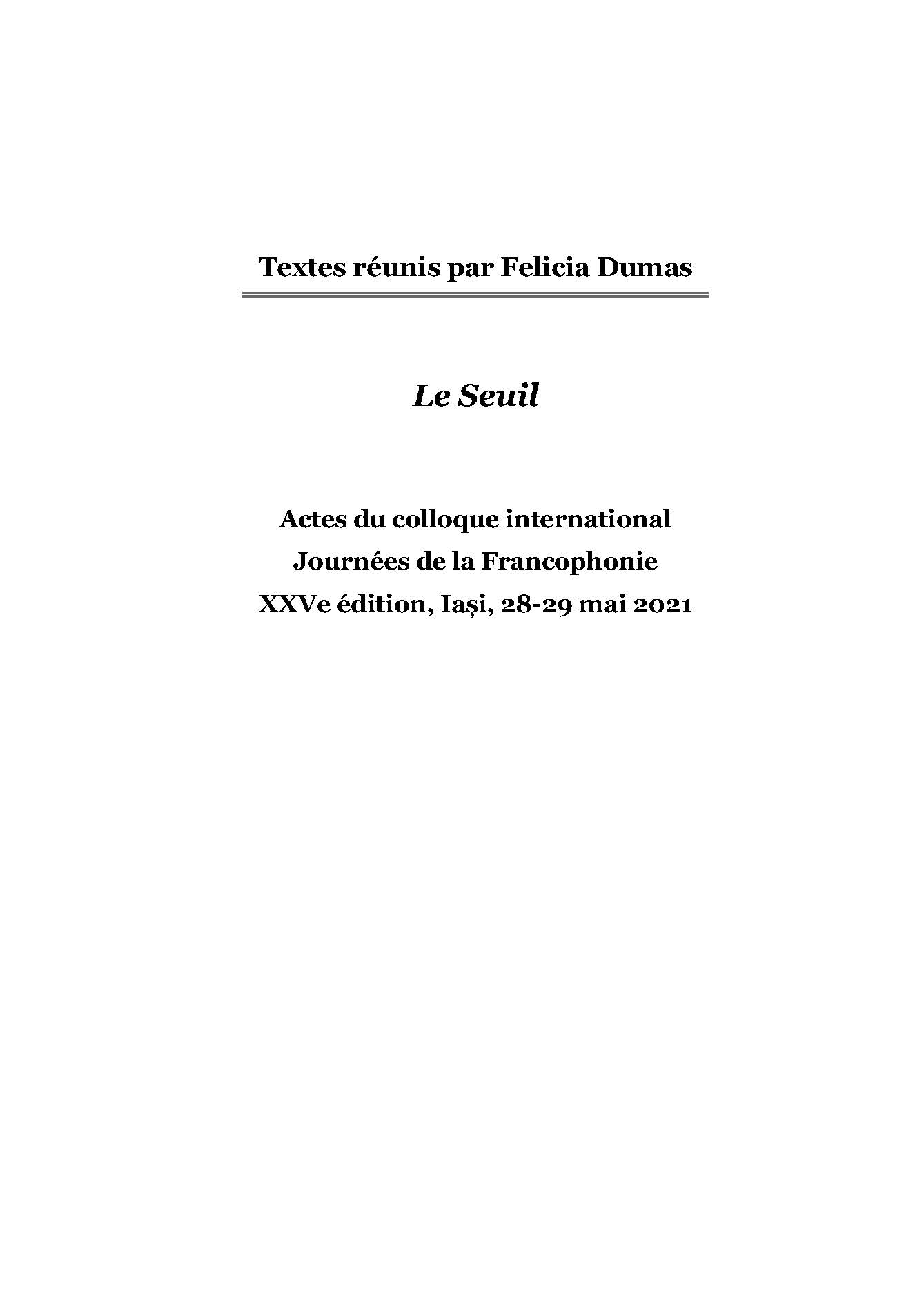
When applied to language, the polysemic notion of threshold [seuil] refers to a transitional space where any linguistic stage is linked to preceding and following statements, to the before and the after. Unlike structural linguistics which studies language in a diachronic way, spoken languages do not show distinct linguistic stages and cannot thereby be studied in the perspective of an extended diachrony. They are only studied in a synchronic method especially when it becomes to study the speech of people before the invention of new technologies of recording. While linked with the precedent stage, a spoken language seems to be a variation resulting from it which announces the very future phase. In this way, they show continuously aspects of language change, which can be studied in the perspective of the Labovian “apparent time”. In the Tunisian context, the changes observed are, in part, “contact-induced” and seem to be reflected by the generalized practice of codeswitching. But, this practice, while motivated by communicative pressures, is intimately linked with the history of language contacts and with the ideologies (attitudes and representations) supporting their conflicting relations. In Tunisia, the language conflict results in paradoxical identities which muzzles speakers, and which does not enable us to indicate the orientation that language change will choose.
More...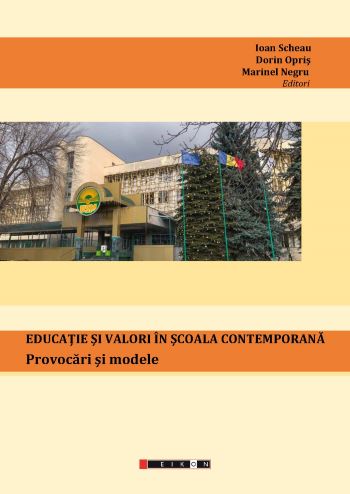
My paper intends to illustrate a possible didactic scenario of how to teach The Subjunctive Mood to international students enrolled in the academic program entitled „The Preparatory Year of Romanian Language for Foreign Citizens” at Bucharest University of Economic Studies. The study is the partial result of teaching the „Practical Course of Romanian: Phonetics, Vocabulary and Sentence Structures” for about 9 academic years. This is part of a wider research, now in progress, as I am working on a Practical Romanian Grammar Book for Foreigners. I do believe that after The Present Tense in Romanian, the Subjunctive Mood is considered to be the 2nd most difficult tense in Romanian language, by foreign students, although there is a close grammatical connection between these 2 verbal tenses aspects. I can say for sure that knowing very well the Present Tense in Romanian ensures in the same time a good acquirement for the students of the Subjunctive Mood too. Of course, the peculiar grammatical aspects for the 3rd singular and plural person are to be mentioned and exemplified.
More...
This study investigates the transition of Moroccan students from French-speaking to English-speaking destinations and programs for studying abroad. Employing quantitative research methods, trends and patterns in destination preference over time are identified. The results unveil a notable shift in destination preferences among Moroccan students, moving from French-speaking countries to English-speaking ones in recent years. The implications of these findings offer valuable insights and enhanced utility for stakeholders, particularly universities and governmental entities aiming to allure international students from North Africa.
More...
This study represents a continuation of our research published last year on the Teaching of the Subjunctive Mood, Present Tense, at the “Education in the Perspective of Values” conference, which had two parts: a first theoretical part (focusing on mapping the teaching methodology, specialized bibliography, and the theoretical-practical premises from which we start) and a practical part that inventoried the category of verbs that end in “a” in the infinitive, along with the five major subclasses and the corresponding exceptions. Furthermore, the present study, which represents the second part of our research, considers the grammatical rules for teaching the Subjunctive Mood for verb categories that end in “î” and “e” in the infinitive (presentation of the conjugation rule, verb endings, and examples), as well as a list of the most important irregular verbs for each category.
More...
The article examines the importance of sociocultural competence in the process of learning a second language. It focuses on educational programs in Bulgarian for study abroad, specifically on sections dedicated to acquiring knowledge, skills, and attitudes related to sociocultural competence. It comments on the interplay between the skills developed in these programs and the concept of sociocultural competence, aiming to highlight the importance of this aspect in the effective learning of Bulgarian in a foreign academic environment.
More...
Prosodic aspects of the read speech of Bulgarian and Chinese Mandarin native speakers who are learning Bulgarian as a foreign language are compared. The goal is to analyze the temporal dimensions of their speech, looking for the reasons for the differences and identifying problem areas as guidelines for teaching. With the methods of instrumental phonetics using Praat we measure the total time of reading a text and calculates the values of speech rate (with pauses) and articulation rate (without pauses), as well as the percentage of pauses. The results show that both types of pace are slower in the read speech of Bulgarian as L2. Among the reasons for this are the high rate of duration of pauses and hesitations, the extended time of articulation, the “opening” of syllables by vocalic epenthesis,as well as the lack of reduction of unstressed syllables. The differentiation between stressed and unstressed syllables is reduced, which contributes to the foreign accent of the Chinese speakers.
More...